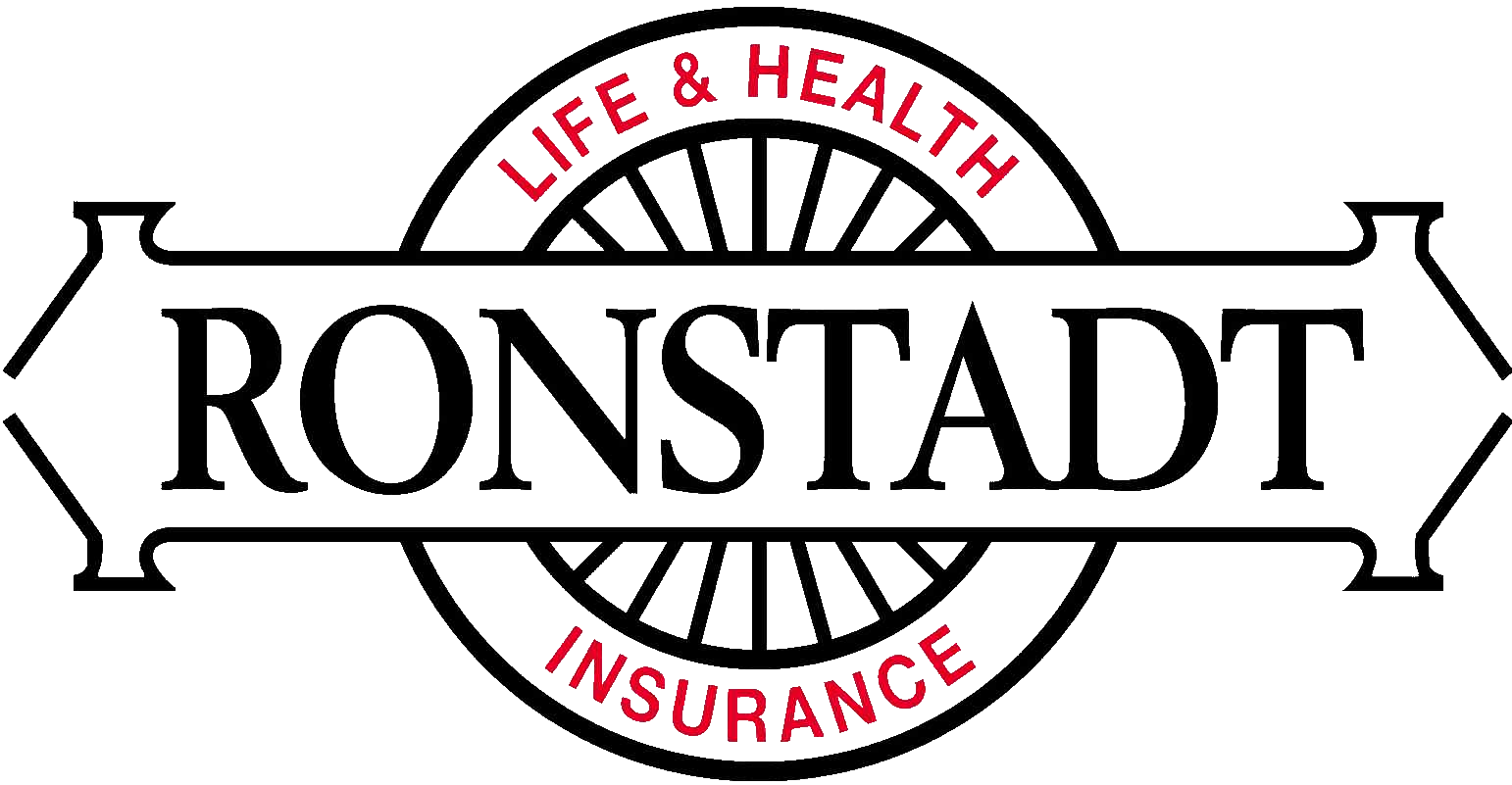CVS Health Is Leaving the ACA Marketplace—Here’s What That Means for You

In a major shake-up to the health insurance landscape, CVS Health announced it will exit the individual health insurance market—commonly known as the Affordable Care Act (ACA) or “Obamacare”—starting in 2026. This decision directly impacts around 1 million people currently enrolled in Aetna ACA plans across 17 states.
The news broke alongside CVS’s first-quarter earnings report, which showed a hefty $1.8 billion in net income. While this sounds like a financial win, the company is in the middle of a strategic pivot, especially when it comes to controlling rising healthcare costs in its Aetna insurance business.
So why the exit? According to CVS, it’s part of a broader plan to “refocus the company’s portfolio.” In simple terms, they’re pulling back from areas where they’re less competitive—in this case, the ACA exchanges—to double down on other parts of the business where they believe they can offer stronger care and more stability.
Here’s what CVS had to say:
“The company is best able to serve members through its other health benefit solutions, which offer access to quality care, affordable health benefits and exceptional service.”
That means if you’re currently enrolled in an Aetna ACA plan, you’ll need to start thinking about alternative coverage for 2026. The upcoming open enrollment season this fall will be your time to explore new options on the marketplace.
It’s important to note that Aetna isn’t one of the largest players in the ACA market to begin with—its ACA enrollment makes up only a small piece of CVS’s total health plan membership, which stood at 27.1 million as of March 2025. Still, for the individuals and families affected, this is a big change that will require proactive planning.
Adding a layer of uncertainty to all this: the fate of federal subsidies that help lower the cost of ACA plans. The enhanced tax credits introduced under President Biden’s American Rescue Plan are set to expire at the end of this year. Whether those subsidies will be renewed depends on what Congress decides during budget negotiations.
Without those subsidies, premiums could rise sharply, driving down enrollment and affecting plan availability. In 2024, those tax credits helped push ACA enrollment to a record 24 million people. Their potential loss would hit lower- and middle-income Americans the hardest.
As for what comes next, CVS has committed to supporting current members through 2025 and tying up loose ends in 2026. But if you’re one of the affected members, now is the time to stay alert and informed. This fall’s open enrollment will be crucial.
What You Can Do Now:
- Check your plan status: If you’re on an Aetna ACA plan, expect notifications in the coming months.
- Start exploring options: Other insurers will still offer ACA plans—compare benefits, networks, and premiums carefully.
- Watch for subsidy news: Keep an eye on whether Congress extends the enhanced tax credits.
Healthcare is personal, and changes like this can feel disruptive, but staying ahead of the curve helps ensure you won’t be left scrambling when 2026 arrives. Call us at 520-721-4848 if you need help.

















